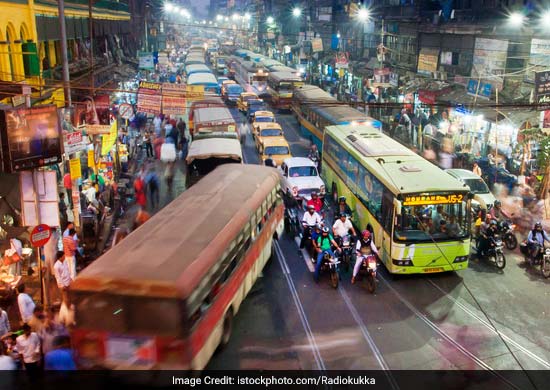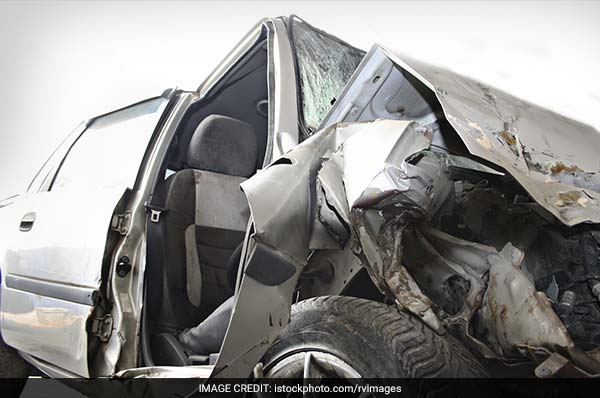
Lok Sabha Passes The Motor Vehicles (Amendment) Bill With Tougher Penalties And E-Licencing
Highlights
- Lok Sabha passed the Motor Vehicles (Amendment) Bill 2016
- The Bill increases penalties and introduces e-governance for licencing
- It is considered to be a much-needed update to improve road safety in India
New Delhi: Lok Sabha passed the Motor Vehicles (Amendment) Bill today, nearly 8 months after it was first tabled on the floor of the house in August 2016. This Amendment Bill is a much awaited and needed upgrade to India’s road safety legislation. Once passed in the Rajya Sabha, this will replace the 29-year-old Motor Vehicles Act 1988 which was widely regarded by experts as an archaic and inadequate piece of legislation. The bill proposes hefty penalties for various traffic offences including higher fines, 3-year imprisonment for minors involved in fatal accidents, increased compensation for road accident victims and their families and accountability for faulty road design and engineering.
Read More: The Road To Safety: The Journey For Better Road Safety Legislation In India
Thank all members of LokSabha for unanimously passing the amendments to the Motor Vehicle Act
— Nitin Gadkari (@nitin_gadkari) April 10, 2017
Welcoming the passage of the bill, Piyush Tiwari, Founder, SaveLIFe Foundation, an NGO which works in the space of road safety said, “In the past decade over 12 Lakh people have been killed in road crashes in India. The passage of this bill in the Lok Sabha is a historic milestone for road safety in India and a big step towards meeting our global commitment to halve road deaths by 2020.”
One of the changes the bill makes is taking the entire system of licences and registrations online. Speaking in the Lok Sabha today, Union Minister for Road Transport and Highways Nitin Gadkari said that once the amendments would be incorporated in the law, it would become impossible for anyone, including VIPs, to obtain a driving licence without appearing for a test.
“Even as a minister I would not be able to obtain driving license sitting at home,” he said.
Additionally, the Bill makes it mandatory to link Aadhaar numbers with driving licences. Through this amendment, the government hopes to streamline the process of licencing and stamp out the prevalence of individuals holding multiple licences.
Also Read: 30 Per Cent Of Driving Licences In India Are Bogus: Nitin Gadkari
Other significant changes include a clause which will raise the fines by 10 per cent every year, to ensure that inflation is kept into account and they remain effective deterrents.
What makes the Amendment Bill critical is the fact that India has one of the poorest road safety records in the world. According to the Accidental Deaths and Suicides (ADSI) in India 2015 report released by the National Crime Records Bureau, 1,48,707 people were killed in road accidents in the country in 2015. Additionally, 4,82,389 people were injured in the total 4,64,674 road accidents which were recorded. These figures represent a 3.1 per cent increase in road accidents and a 5.1 per cent increase in road accident fatalities.
Also Read: How Effective Will The Motor Vehicles (Amendment) Bill Be In Making Indian Roads Safer?
Saving lives is more important target for us than building roads
— Nitin Gadkari (@nitin_gadkari) April 10, 2017
The effort to amend the Motor Vehicles Bill started in 2014 with the government initially drafting the now-shelved Road Transport and Safety Draft Bill. This was then replaced by a diluted version of what was initially envisioned, through a Bill seeking to amend rather than replace the Motor Vehicles Act. After being introduced in the Lok Sabha, this Amendment Bill was sent to a parliamentary committee for review before being returned to the ministry.
(With inputs from PTI)



















Who else other than BJP can do this? 🙂